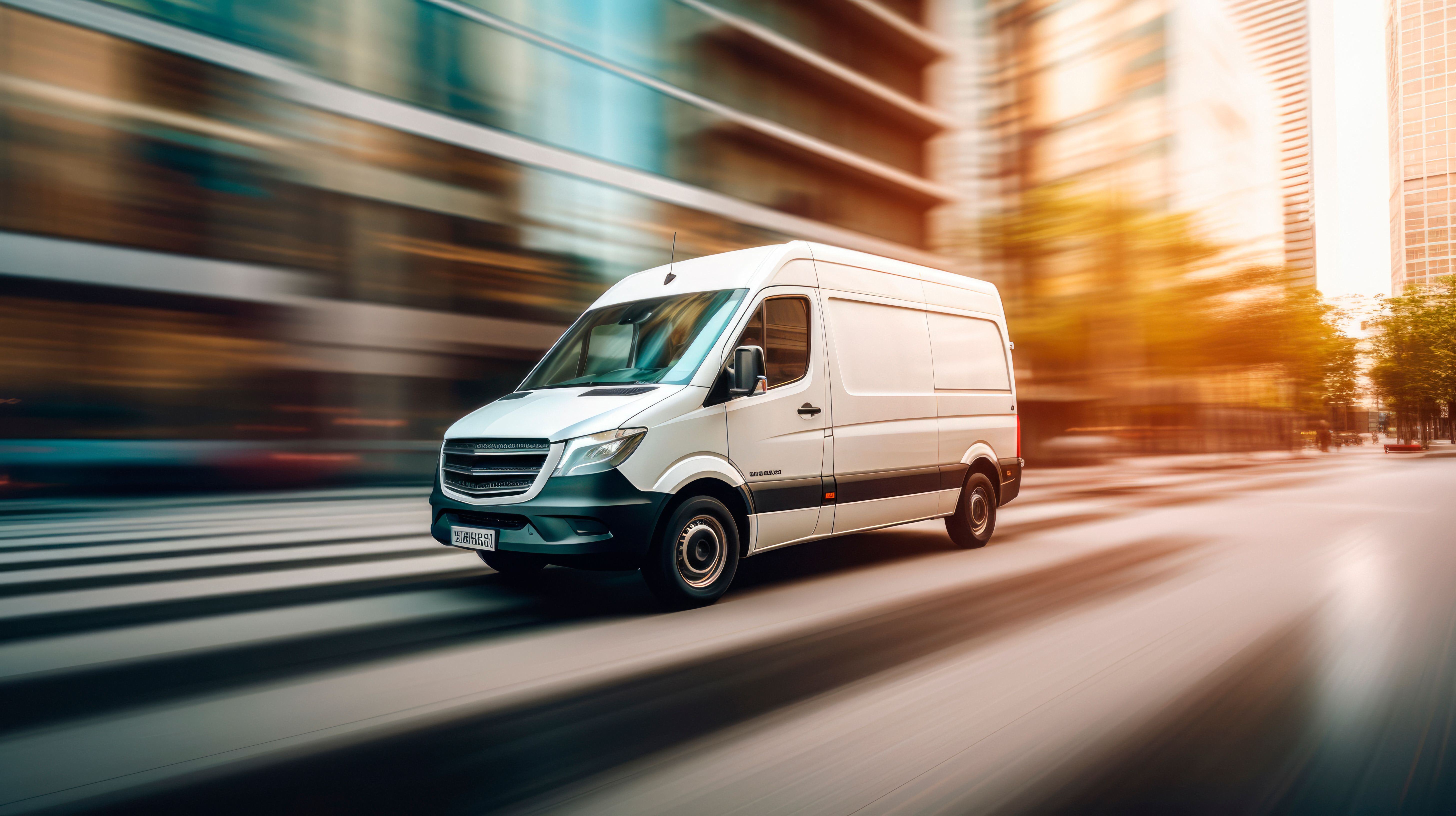When looking for a new van for your business, it can often be difficult to know what the best option is for you. You can choose to purchase the vehicle outright using a financing agreement, or you can opt to lease your vehicle. Both of these options have their own set of pros and cons that are important to understand fully before you enter into any agreements.
Millbrook Business Finance provides a range of financing options for vans. Our fully flexible options will give you the financial support you need when purchasing a new or used van for your business. All of our rates are completely flexible and tailored to your individual requirements.
Your quick guide to business van finance
When upgrading your business van or buying a new one altogether, you have two options. The first is buying the vehicle outright, either with or without van financing. The second is by using vehicle leasing. Both have their benefits and can be useful solutions depending on your circumstances.
Vehicle financing is a useful form of financial support that can aid when purchasing a new vehicle for your work. Work vans are big investments, so financing can be a hugely beneficial way to avoid paying a large down payment or buying the vehicle outright.
What is the difference between van leasing and van finance?
Van leasing is different from financing, although both may be beneficial depending on your situation. By leasing a van, you do not own the van, you simply pay for its use over a period of time. Once your term is finished, you either return the vehicle or buy it outright.
Commercial van finance on the other hand is a type of vehicle finance. The term is used to describe any finance products that are aimed at acquiring a van, whether that be new or used. In this agreement, you own the vehicle and get to keep it once your term has ended.
Hire purchase
Using a hire purchase method, you have the ability to pay for your vehicle in monthly instalments. You can then choose to purchase your van once the agreement ends by paying the option-to-buy fee. Alternatively, you can choose to part exchange it for a different model altogether.
Hire purchase is useful as it gives a good level of freedom to the buyer. You can choose the van that is right for you and set the amount of money you want to borrow from your finance organisation. With Millbrook Business Finance, there are no mileage restrictions and you can fully decide on deposit and repayment options.
Lease purchase
A lease-purchase agreement is similar to a hire purchase agreement in the fact that you will pay monthly instalments for your van. At the end of the finance term, there is one final payment known as a ‘balloon payment’. This is non-negotiable and can be paid outright in cash, or by financing the balloon payment.
Repayment terms are flexible and generally range from 2 to 5 years in length. However, Millbrook Business Finance can also extend this to up to 7 years for unique circumstances.
Refinance
If you’re already in a van finance agreement that isn’t working for you due to high rates, a refinancing agreement is a great option. Your current financing deal can be refinanced to reduce both monthly costs and rates. The main benefit of a refinancing deal is the flexibility of being able to get a better deal after purchasing your van.
It is also common for refinancing to be used to pay off the final balloon payment once your lease purchase comes to an end. You may not have the cash on hand to pay all of it at once, or you may choose to spread the costs out to help with cash flow.
How does leasing a van compare to buying a van?
Now that you understand the differences between van leasing and financing, there are some key considerations to make to determine which is right for you:
- Initial fees - Apart from your first monthly payment, leasing a van may require you to pay a deposit for security, taxes or registration fees. A financing deal often requires an initial payment as well as any registration fees or taxes.
- Monthly instalments - For leased vehicles, monthly instalments will most often be lower because you are essentially only paying the rate of depreciation of your vehicle. Monthly financing payments will be higher as you as paying for the value of the van.
- Ownership - With a leased vehicle, you do not own it at any point, unless you purchase it at the end. This is not the case with a finance agreement as you own the van and get to use or modify it as you please.
- Termination and returning your van - Leasing a van is simple and once your lease is up you can hand it back with ease. If you want to terminate your contract early, however, you will most likely have to pay an early termination fee. You are free to sell or trade your van at any point with a finance agreement. The money raised can go towards paying off the loan in the case of an early termination
- Damage costs - If your leased van is damaged you will most likely be required to pay a fee to fix it. A finance agreement will not require this as you own the vehicle yourself. This does however come with extra responsibility as you are in charge of the condition of the vehicle should you come to resell it.
- Restrictions - Leasing a van will often come with more restrictions on how you use it. This could be through limitations on the customisation or the distance you’re allowed to drive. You will not have any such restrictions with a financed vehicle as you are the owner.
Introducing Millbrook Vehicle Finance
Millbrook provides a range of financing options when purchasing a new van for your business. We can fund vehicles over £10,000 and can give you the financial support you need when buying a new or preowned van. Competitive business rates are available and all of our plans are fully flexible with repayment terms and deposits. Check your affordability using our business finance calculator.
The process is quick and simple - approvals can be granted in as little as 24 hours. Get started by checking your eligibility today.






